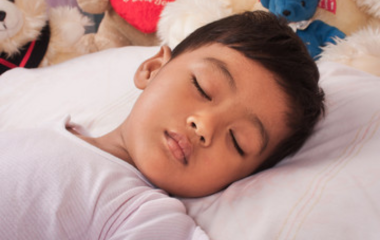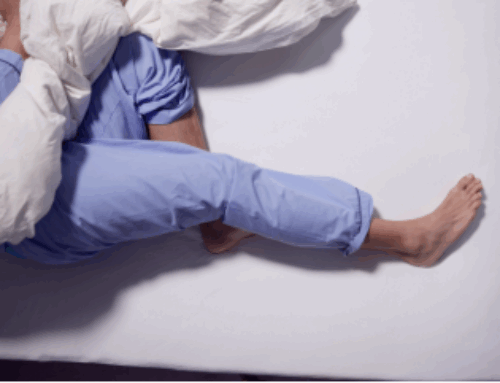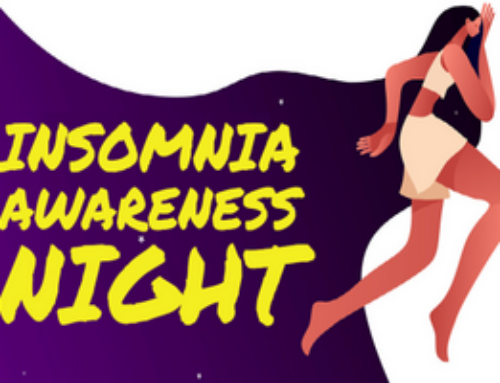For a parent it is one of the most disturbing sleep disorders. You hear a strange sound coming from your young son’s bedroom at night. So you go into his room to see what’s wrong.
You find your son banging his head into the pillow or mattress. He repeats this action over and over again. Or he may be sitting up, banging the back of his head against the wall or the headboard.
The bizarre sight may send a shock of fear through your body. But what you’re seeing is common, and it is rarely harmful.
Head Banging and Body Rocking in Sleep
Head banging during sleep is an example of sleep related rhythmic movement disorder. RMD is very common in healthy infants and children. It can occur in both boys and girls.
Another common form of RMD is body rocking. Your child may rock her entire body back and forth. She may be on her hands and knees or sitting up.
Head rolling is also common. While lying on his back, your child may roll his head back and forth.
Less common forms of RMD include body rolling, leg banging and leg rolling. All of these actions tend to be very rapid. An episode may last up to 15 minutes. During the motions your child may make rhythmic humming sounds.
Head Banging in Sleep Tends to be Harmless
The good news is that RMD tends to be harmless. It occurs as a young child’s brain and body continue to grow and develop.
RMD often begins when a child is about six months to nine months of age. It usually goes away by the second or third year of life.
Like many parasomnias, RMD tends to disturb the parent more than the child. Normally the child will have no memory of the event in the morning.
Talk to your child’s doctor if you are concerned about RMD. Contact an AASM-accredited sleep center if RMD episodes injure your child or keep your child from sleeping well.





